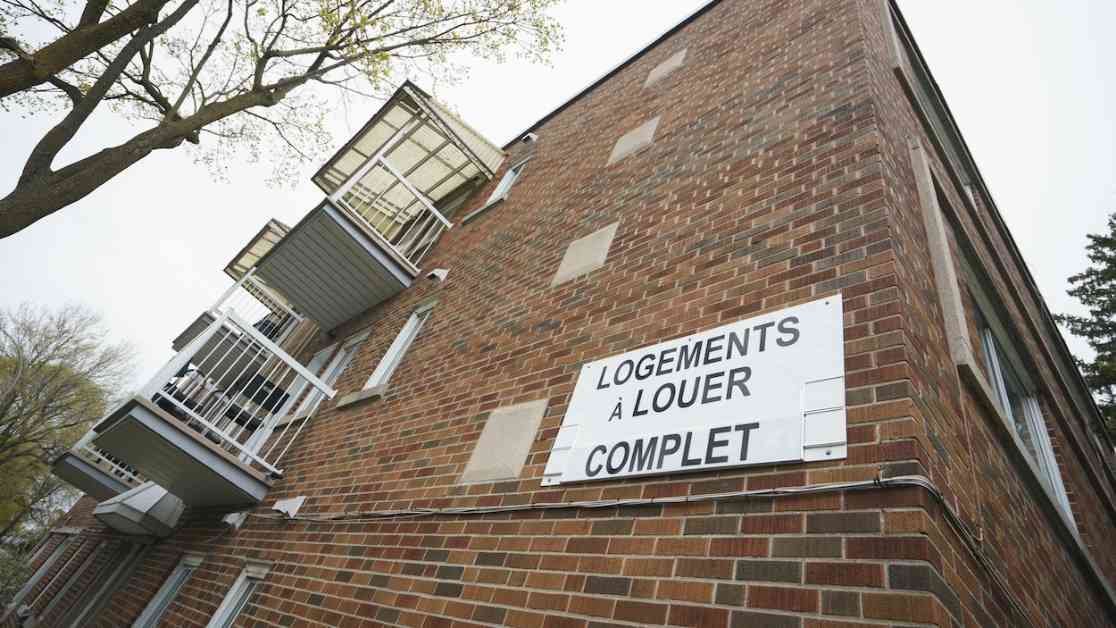As July 1 approaches, more and more low-income tenants are struggling to find affordable housing. In Quebec, the needs have increased by nearly 100% in one year to reach 8162 assistance applications in 2024, putting growing pressure on organizations fighting homelessness, who say they are overwhelmed.
Time is running out for David Gosselin. After three months of searching, he still can’t find a new apartment. What’s more, during his search for a new home, he admits that he feels abandoned by the system.
“I feel like I’m in the 12 labors of Asterix! Both 211, 311, and the Montreal Housing Office referred me to Accueil Bonneau for shelter at night, but during those nights, I don’t have access to my dog,” says the 47-year-old man. “It’s devaluing. We’re like trash on the street that they just want to push away so they don’t have to see it. I realize that life has become terribly expensive and inaccessible for people with low incomes.”
With a social assistance income of $968 per month and a monthly rent of $900, this former IT technician needs help finding the perfect place in the rental market. And he’s not alone.
According to the Montreal Housing Office and the Quebec Housing Corporation, assistance applications for finding housing have nearly doubled in one year in Quebec. In Montreal, 1460 tenant households looking for housing that may be without a lease on July 1 are actively supported by a relocation assistance service. Of these, 224 households are in Montreal.
The vacancy rate for housing in several cities in the province has also reached unprecedented lows (Greater Montreal, 1.5%; Quebec City, 0.9%; Trois-Rivières, 0.4%).
The housing crisis is also putting enormous pressure on resources for people experiencing homelessness, such as the Old Brewery Mission in Montreal, which confirms that it is currently very busy.
“It’s starting to get more and more intense as we get closer to July 1. Many people have known for several months that it could be problematic [to find housing], but they’re not hitting the panic button,” notes James Hugues, CEO of the Old Brewery Mission. “We have 5000 people tonight, at least. And that number will increase in the coming years if we don’t intervene upstream with people at risk of eviction.”
For 75% of people, we eventually find them a place to live. Often, it’s after July 1, when people are placed in hotels, and that’s where we find options because that’s where the pool of 100% of people who haven’t found apartments is identifiable.
However, for David Gosselin, there are very few options right now. In any case, this tenant will have to move before the fateful date of July 1… housing or not.








